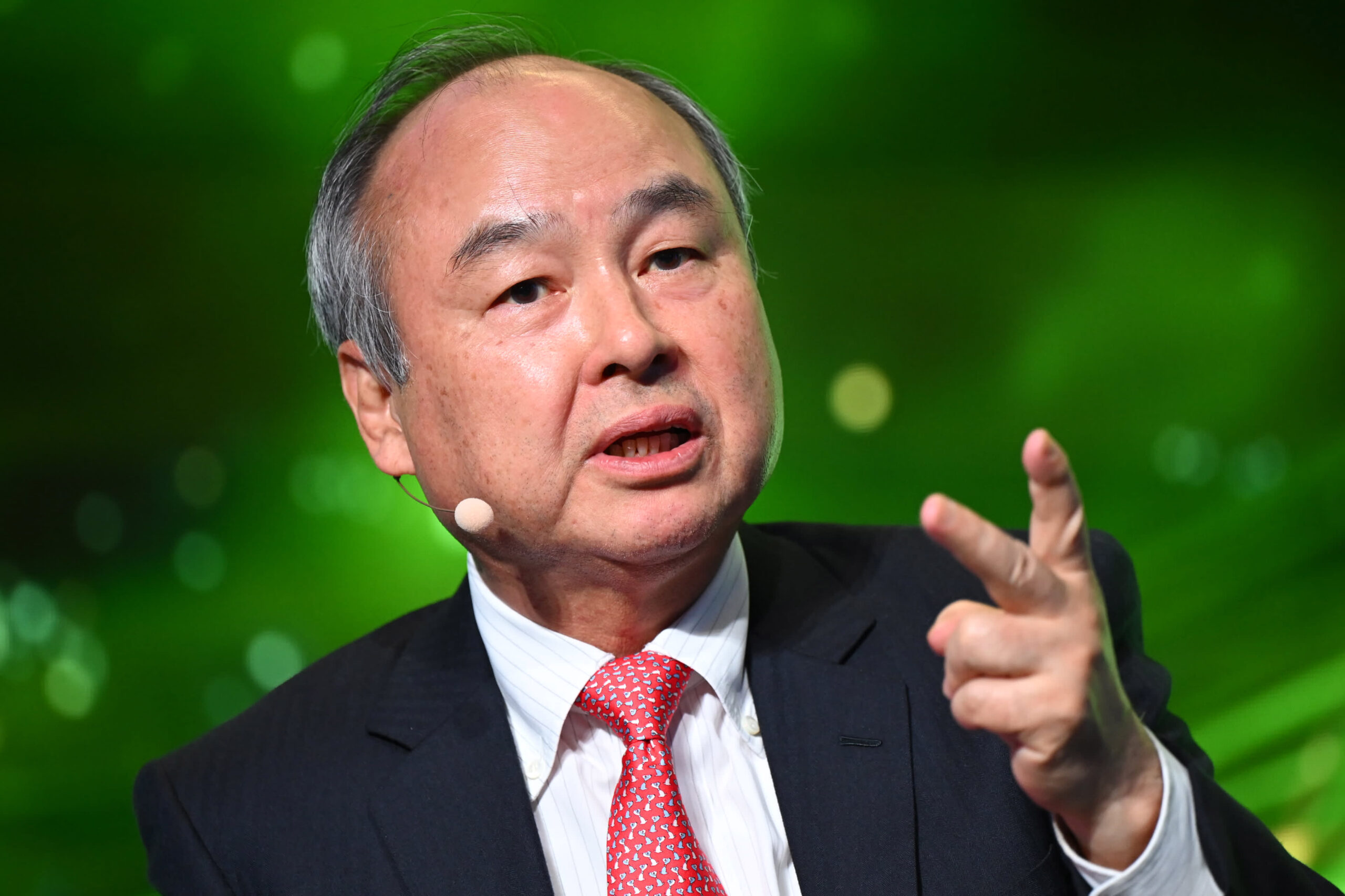LONDON: The Bank of England’s (BoE) forecasts failed to predict the worst bout in inflation in generations, though its forecasting errors were only as bad as those at the US Federal Reserve (Fed) and European Central Bank (ECB), according to new analysis.
Bloomberg Economics found that the BoE’s forecast errors were of a similar scale as those at other major central banks for one-quarter ahead projections. The findings undercut some of the criticism by politicians that the BoE was too slow to act against inflation after the pandemic.
“If other short-term projection windows are considered, no central bank meaningfully stands out,” Ana Andrade and Dan Hanson, economists at Bloomberg Economics, wrote in a note published on Tuesday.
The BoE is the only top central bank to commission a formal review into its forecasts after being attacked by members of Parliament for failing to predict the surge in inflation.
The review being led by former Fed chairman Ben Bernanke is expected to be published in the spring.
The central banks were initially wrong-footed by the energy shock following Russia’s invasion of Ukraine and assumed in error that the price spikes sending inflation to double digits would be “transitory.”
In the United Kingdom, the persistence of the high inflation surprised rate-setters before they encountered sharper-than-expected falls in autumn 2023.
“Missing the biggest inflation shock in a generation has dented the credibility of central banks, leaving them facing an uphill battle to re-establish their technocrat credentials,” the note said.
“That most in the forecasting world failed to anticipate the scale of the recent inflation shock doesn’t necessarily mean the industry is broken. Forecasting errors are a fact of life.”
The central banks were only slightly better than private sector economists at predicting inflation despite their much bigger resources, the analysis added. — Bloomberg


